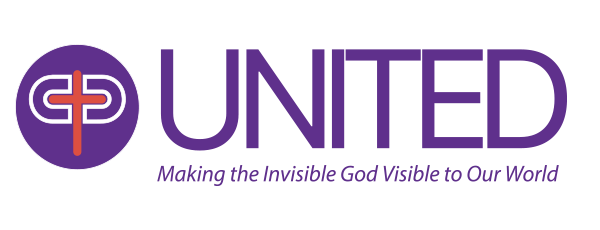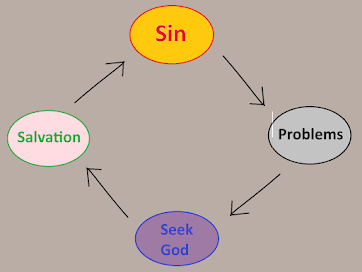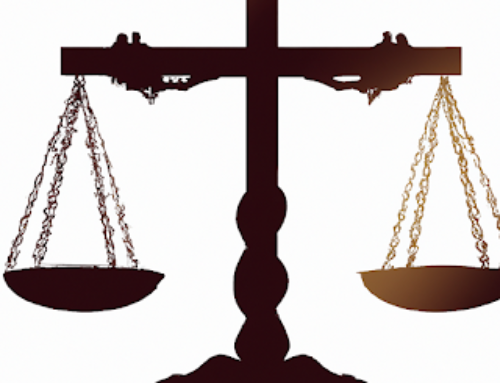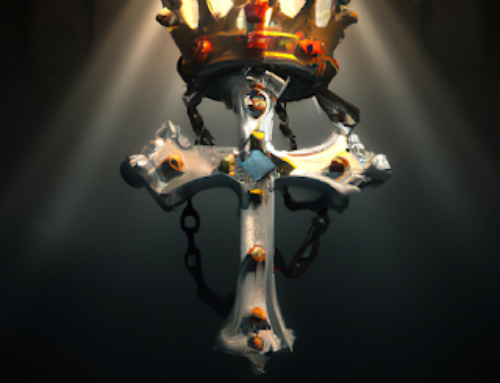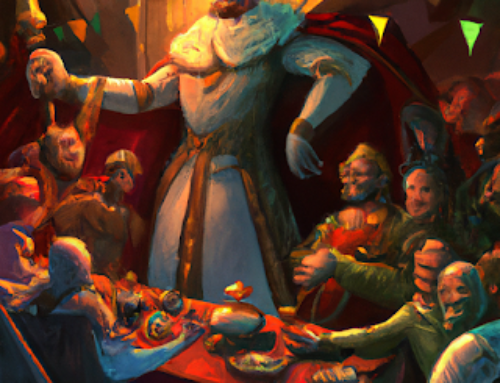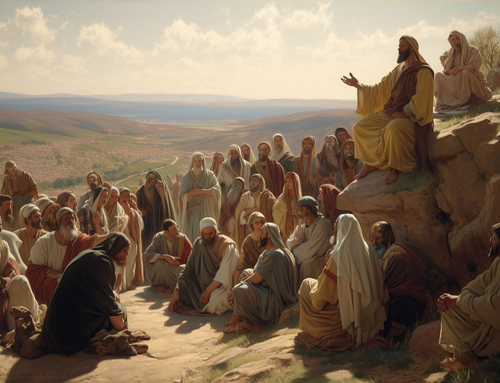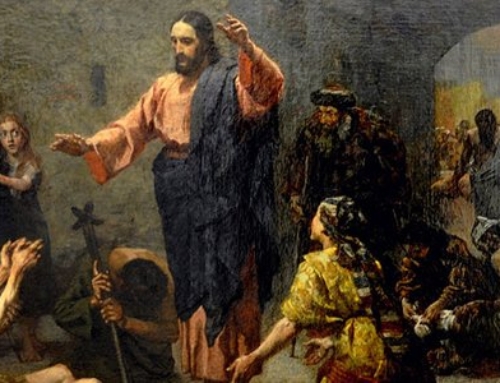The previous blog entry discussed God’s ability to plan for the future when providing inspiration for the Biblical texts. The various books of the Bible were written thousands of years ago for a culture foreign to our own, but at times, it can seem like the Bible is full of coded descriptions of what we experience today in the modern world. Take Micah 3:9-11 for example:
Hear this, you leaders of Jacob, you rulers of Israel, who despise justice and distort all that is right; who build Zion with bloodshed, and Jerusalem with wickedness. Her leaders judge for a bribe, her priests teach for a price, and her prophets tell fortunes for money. Yet they look for the Lord’s support and say, “Is not the Lord among us? No disaster will come upon us.”
The references to Judah and Zion should make it recognizable to most that these verses are not about the U.S. However, anyone in the U.S. who follows politics or current events has heard plenty similar things expressed about today’s corrupt politicians and even religious leaders over the past few years. Those verses from Micah would be just as true if written today as they were millennia ago.
God already proved that he can speak through the Bible to people across time, but sometimes the Bible’s unwavering relevance doesn’t have anything to do with God’s uncanny planning ability. Sometimes we humans are the reason the Bible always seems on point. This world may change, but in a lot of ways people do not. We’re still susceptible to corruption. We’re still violent. We’re still divided amongst ourselves.
Often, when speaking with nonbelievers, you might find that their inability to believe in God comes from the negativity they witness in the world around them. They’ll look at the decadence, death, and destruction common in the world today and ask “How could God be good and allow any of that to happen?”
They completely ignore the fact that it’s not God who lets those things happen. It’s us. God has allowed us to make our own choices. That’s true now, and it was true in Biblical times.
Later in Micah 6:9-16, God identifies Israel’s transgressions and explains its punishment. He ends those verses by saying:
Therefore I will give you over to ruin and your people to derision; you will bear the scorn of the nations.
There are multiple examples of God enacting punishments in spectacular ways in the Bible, but sometimes his punishments were as simple as him stepping back and allowing people to fall all on their own. The people chose to rebel against God and his commandments. Doing that has consequences. Sure, it may move God to wrath, but since many of God’s commandments were created for our own good, the act of breaking them in itself puts us in danger. God does not always have to deliver an active punishment, sometimes he can simply decide not to protect us from the consequences of our own actions.
America is a good example of this. Some refer to it as an empire in decline. Has God seen the wickedness in the country and decided to enact judgment like he did with Sodom and Gomorrah? America’s fall doesn’t seem to be anything that cinematic, and why should we blame God for it?
If this country is on a downward slide, the fault lies with us. We often put more faith in our science and scholars than we do God, but we don’t even listen to them when it comes to moving away from our own harmful behaviors. When they tell us we need to make changes to our society to combat climate change, many of us scoff at and dismiss those warnings. Then when the intensified storms come and wreak havoc, we want to ask why God allowed such destruction to take place. When doctors and scientists give instructions on how to protect ourselves and each other in the midst of a pandemic, we complain about having to give up freedoms or be inconvenienced. Then we ask “Where is God” when society is turned upside down and millions die as a result of the disease. We have a democracy where we choose our leaders but then question God in the face of misery generated by the terrible decisions of the leaders we elected.
None of this is new. It’s just one big cycle. The Old Testament is full of examples of God delivering his people and allowing them to live as they see fit only for them to turn their backs on Him and then have to suffer consequences wrought by their own actions. That cycle has been replaying itself for thousands of years, and it will likely continue until the Lord comes back.
None of us have the power to stop the world turning in that way, but we do have the power to break that cycle in ourselves. The cycle isn’t just a global phenomenon or something that affects humanity as a whole. Each and every one of us has fallen victim to it in our own lives. We make bad decisions. We walk away from what God wants for us. We suffer consequences, and then we ask “Where is God?”
“He himself bore our sins” in his body on the cross, so that we might die to sins and live for righteousness; “by his wounds you have been healed.” 1 Peter 2:24
Believers have the answer for that question. God (His Spirit) is in us. Jesus already suffered the consequences of our actions. He’s already bore the weight of the bad decisions we’ve made and will make. He’s given each of us the key to breaking out of the cycle. All we have to do is believe in him enough to take that key and use it. We can choose to walk away from the rut in which humans have found themselves for ages, and we can help others make the same choice. The world may be falling to darkness, but we are supposed to be the lights. However, to truly shine, we have to be set apart. That means we have to see the trappings of this world for what they truly are and use the gifts that God has given us to free ourselves from the cycle that humanity has been riding since the very beginning.
